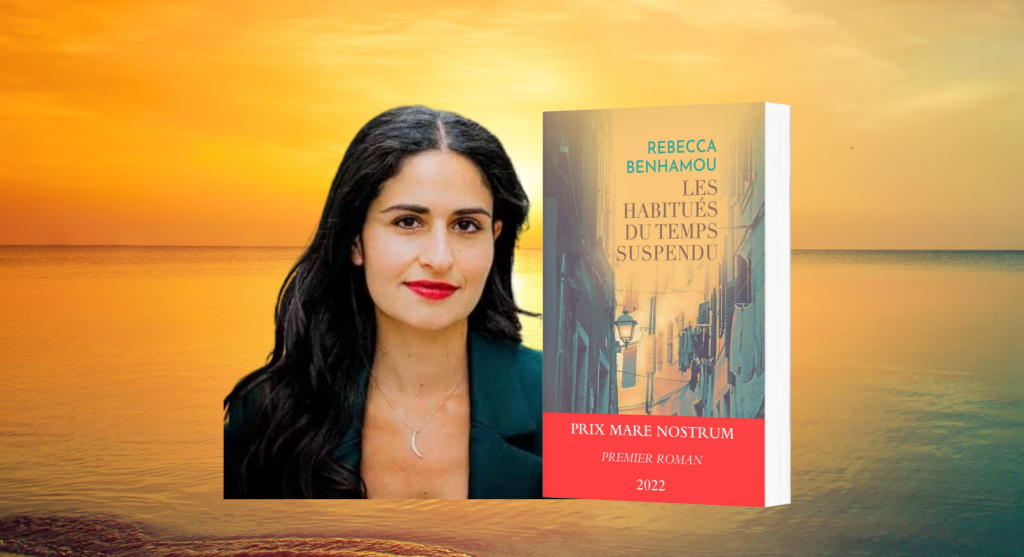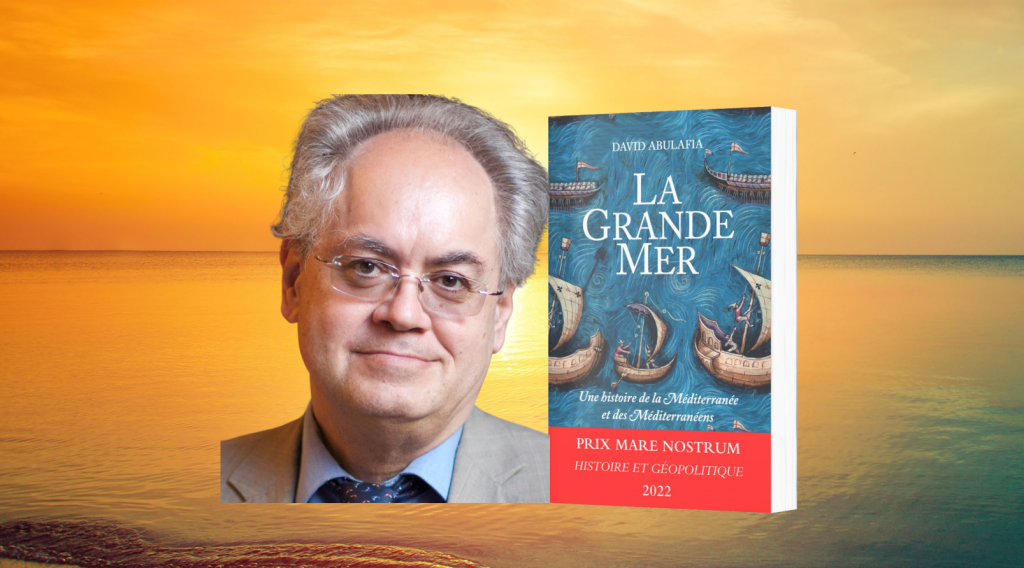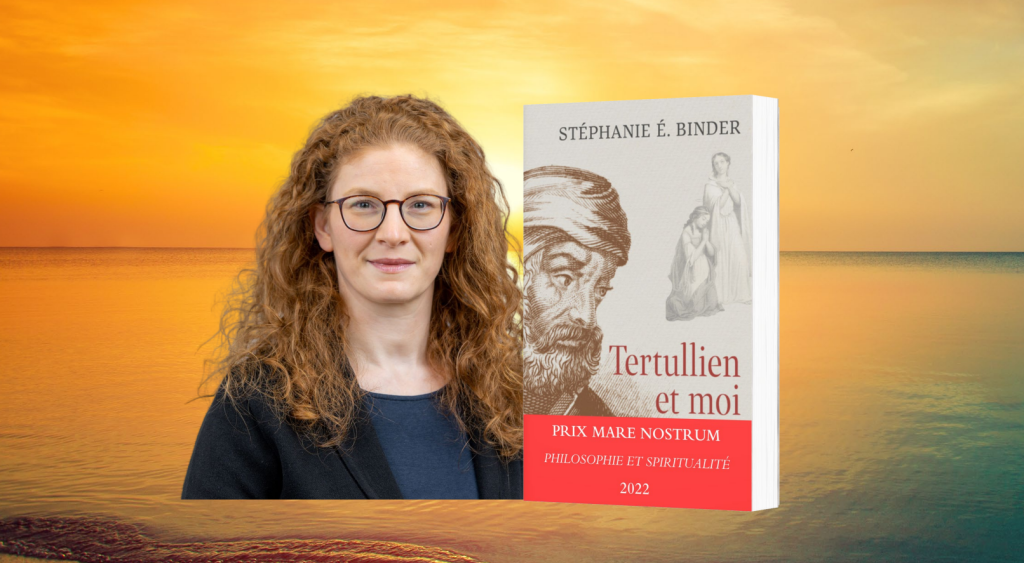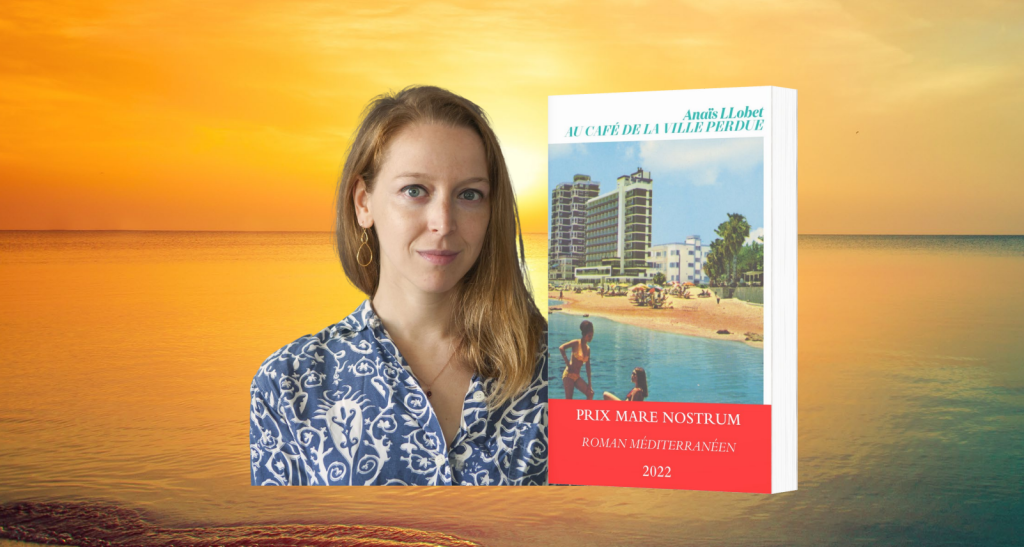The Mare Nostrum Prize, which benefits from the support of the Fédération Nationale des Caisses d’Épargne and the Caisse d’Épargne du Languedoc-Roussillon, rewards today, for its second edition, four winners in four categories: Mediterranean novel, First novel, History and Geopolitics, Philosophy and Spirituality. The Prize-giving ceremony is held at 12 p.m., at the headquarters of the Fédération Nationale des Caisses d’Épargne, 5 rue Masseran, Paris 7th, with an eclectic audience of personalities and intellectuals. Namely that the total endowment is 12,000 euros to be decided between the four winners.
Founded in the fall of 2020 in Perpignan in order to promote the Mediterranean cultural and literary heritage, the association “Mare Nostrum – A Mediterranean otherwise” is made up of passionate and committed volunteers. The founder of this association is Jean-Jacques Bedu, writer, essayist and General Secretary of the Prize.
“The first edition of the Mare Nostrum Prize was rich in teachings, especially in the essay section, which we felt was imperative to divide into two categories: “History and Geopolitics” and “Philosophy and Spirituality.” But from our first 2022 selections, a problem immediately appeared to us in the novel section. Many works entered into competition, and in particular the first novels which risked being eliminated by more confirmed authors. The solution was found by one of our jurors, Bélinda Ibrahim, head of the Media Culture department Here Beirut, with which we are partners. Thanks to her, the Novel Prize was divided into two categories: Mediterranean Novels and First Novel, with exactly the same endowment. Each of the juries is made up of readers, writers and academics. They are renewed every year. The prize is endowed with a budget of €12,000, divided equally between the four winners. If an award-winning work is a translation, the prize money will be €2,300 for the author and €700 for the translator,” explains Éliane Bedu, President of the Mare Nostrum Prize.
The four winners of the Mare Nostrum Prize who will be honored today
In the section “Mediterranean Novel” – Anaïs Llobet for “Au Café de la ville perdu” published by Éditions de l’Observatoire
” Anaïs Llobet is a journalist. Having grown up in Europe and Latin America, a graduate of the Science-po School of Journalism, she was posted in Moscow for five years during which she made several trips to Chechnya, where she covered in particular the persecution of homosexuals by the local authorities. She drew a magnificent novel from it, “The men the color of the sky”. Now stationed in Cyprus, she now makes us discover the small town of Varosha which was the object of A thriving seaside town with idyllic beaches, the island was indeed one of the Mediterranean tourist jewels until the Turkish army invaded the area, forcing the Greek Cypriots to flee leaving everything behind. It is there, on this Cypriot land divided in two since 1974, as Palestine was a little earlier, that Anaïs Llobet gives birth to her story which starts in a café. The jury liked the right words made of memories painful and tingling with a necdotes on the theme of exile and attachment to roots, which makes this book a poignant and symbolic novel of many contemporary tragedies. “
In the “First novel” section – Rebecca Benhamou for “The regulars of suspended time” at Éditions Fayard

“It’s an aria by Bach, played in this Parisian café by a young girl named Lila and which is familiar to Solomon, which will trigger a flood of childhood memories in him. The novel alternates moments in the life of the hero became old, and others that refer to his former existence.After a tragic flood in his village, Salomon’s father had moved to Radieuse, an imaginary town in Algeria.The stories of the family of Rebecca Benhamou, originally from Algeria. other shore of the Mediterranean, contributed to nourishing this first novel. This beautiful book emphasizes the reconciliation between the two shores of the Mediterranean. It evokes a time when Jews, Christians and Muslims lived in harmony. Inspired by the life of the author’s grandfather, it questions time and memory.Populated by endearing characters, it insists on the transmission between generations, through time, shared stories, and the pacifying function of music. A book that could not to move the Jury. “
In the “History and Geopolitics” section – David Abulafia for “The Great Sea” published by Les Belles Lettres

” Emeritus Professor of Mediterranean History at the University of Cambridge, David Abulafia chaired the Faculty of History. His work focuses on medieval Spain, Italy and the Mediterranean. The Great Sea. A History of the Mediterranean and the Mediterraneans received the British Academy Prize as well as the Mountbatten Maritime Award. As a passionate storyteller, he makes us discover the history of the Mediterranean in 5 major periods and under the aspect of human sciences. Illustrated with magnificent iconography and enriched with didactic maps – it has everything a major historical work requires: an important theme, solid research, sumptuous writing that will appeal to scholars and beginners alike, and a very insightful view of the human nature, sometimes not devoid of humour… In summary, a work to put in all hands, teeming with fascinating historical anecdotes. The French version, which captivated the jury, will have a lasting influence on new generations of researchers and lead them to think “A different Mediterranean”. “
In the section “Philosophy and Spirituality” – Stéphanie E. Binder “Tertullien et moi” at Éditions du Cerf

“After her baccalaureate in France in 2001, Stéphanie Binder began studying Classical Letters at Bar-Ilan University. Holder of a doctorate, she began my research on Tertullian with Bezalel Bar-Kochva, who at the time had of the chair of ancient Jewish history at Tel Aviv University, who is the foremost living scholar of Greek-Jewish relations in the Second Temple period, of his incessant dialogue with Tertullian, that the Jury acclaimed, Stéphanie Binder learned a great deal from it, both about herself and about the world as it is. From this fruitful exchange beyond time and place, she offers a rare and magnificent example of ego-history where the disclosure of an unknown past sheds light on the hidden misunderstanding of the present. By drawing on the sources of the thought of this Christian African from Carthage, it invites us to renew our relationship with Antiquity and above all mobilize the wisdom e of the Ancients in the resolution of all our ills. “

